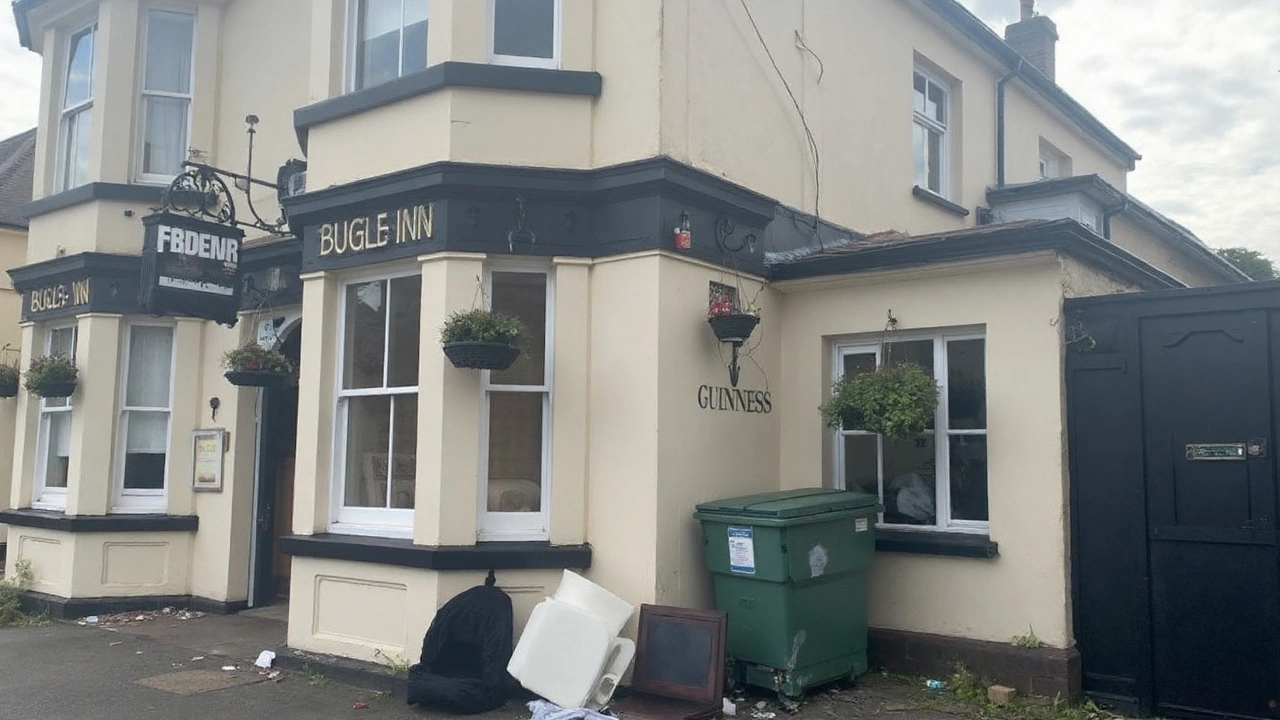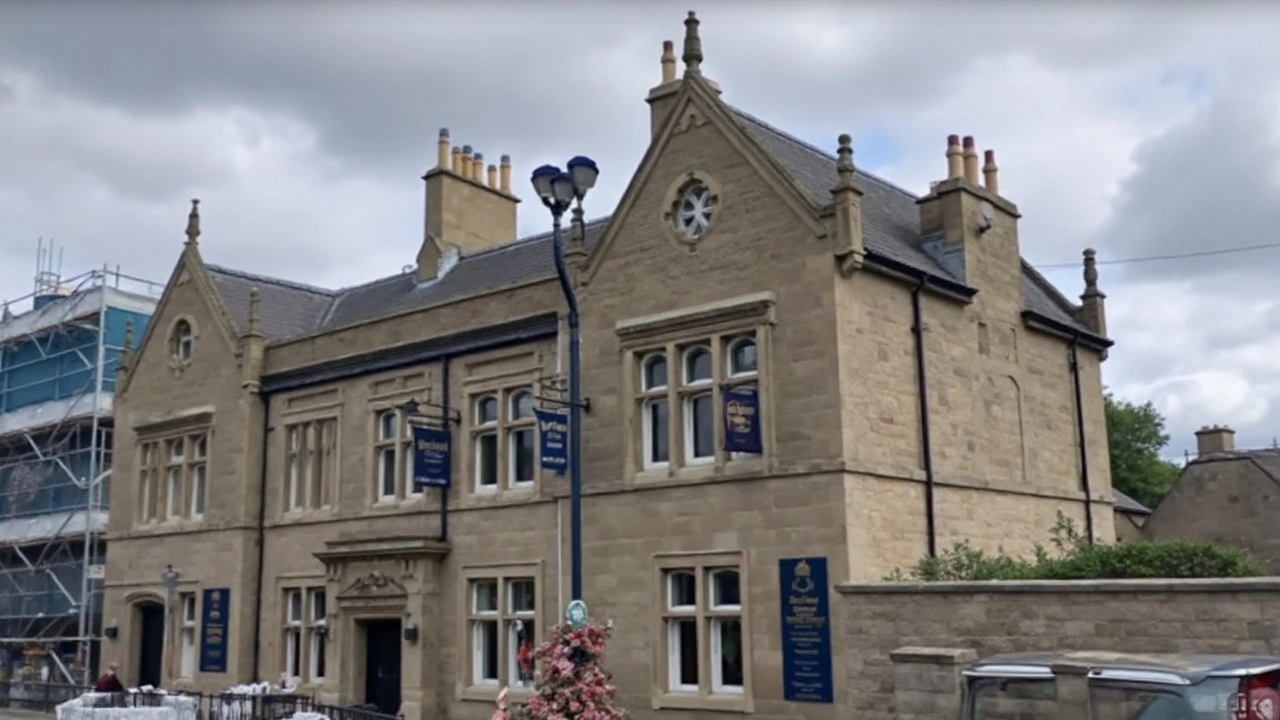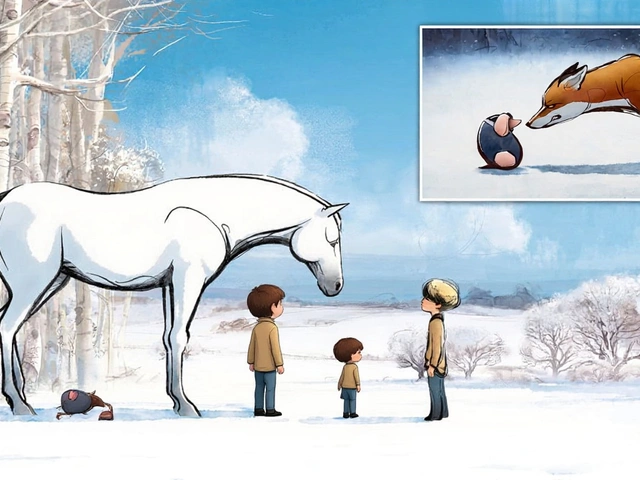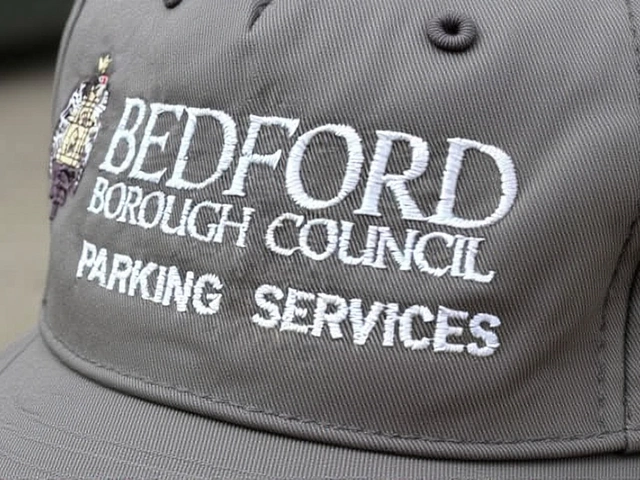Five centuries on tap: The Cross Keys goes up for sale
Few British pubs can trace their roots back to the Tudor era. The Cross Keys Hotel in Burnley can. A pub or inn has occupied 170 St James Street since the early 1500s, and the current stone-built house—topped by its carved emblem of two crossing keys—has watched over the town centre since 1906. Now it’s on the market, turning a page in one of Burnley’s longest-running stories.
Local historians rank The Cross Keys as the town’s second oldest pub, with only The Swan predating it. That alone makes this sale more than a commercial move. It’s a moment that folds together Burnley’s past and its future: a working-class social hub that has served miners, mill workers, soldiers home on leave, and matchday crowds through wars, recessions, and boom years.
The building itself is part of the appeal. The 1906 rebuild arrived in the heyday of Edwardian pub design, when architects used bold stonework and statement features to show confidence and craft. The cross-keys motif above the doorway isn’t just branding; it’s a nod to a symbol used by inns for centuries—linked to St Peter’s keys, and, more simply, the old image of a safe house for travellers. You can still see that pride in the carving and the facade’s careful lines.
Across the decades, ownership and operators have changed, as they do with most long-lived pubs. The Cross Keys was once part of Masseys brewery’s estate, a reminder of the era when local breweries ran “tied houses” that poured their own beer. More recently, the pub saw a period of closure before reopening, and it was trading again as recently as 2019. Today, the listing brings fresh uncertainty—and a chance to reimagine the site.
Context matters here. Burnley’s town centre has been reshaped by changing shopping habits, shifting nightlife, and the aftershocks of the pandemic. Pubs everywhere have wrestled with higher energy bills, rising costs, and new drinking patterns. Some venues have adapted with food, live music, and small-batch beer. Others haven’t been able to bridge the gap. That’s the backdrop to this sale.
What we don’t have yet are fine-print details: a guide price, whether fixtures and fittings are included, or if the building is sold as a going concern. What we do know is that this address—170 St James Street—sits in Burnley’s core, with footfall from shoppers by day and the town’s evening crowd after work and on weekends. That location makes the site interesting to a mix of buyers, from established pub operators to independents and, possibly, a community group.
Could the building change use? In England, pubs now fall under a “sui generis” planning class. In plain terms, that means converting a pub into housing, a shop, or offices usually needs planning permission. On top of that, communities can try to register a pub as an Asset of Community Value (ACV), which can trigger a pause on a sale and open a window for a community bid. There’s no public indication that The Cross Keys is listed or ACV-registered at this stage, but those are the levers that often shape a pub’s future.
There’s also the heritage question. The Cross Keys’ age and its 1906 facade will matter to planners. Even without formal listing, councils often push for sympathetic changes to historic fronts—especially on a street as visible as St James Street. Inside, old pubs come with their own quirks: cellars built for barrels, sturdy staircases, and the odd snug. Those features can be a challenge for modern layouts, but they’re also the character that buyers want when they seek an authentic pub setting.
The “Hotel” in the name can throw people. In northern towns, plenty of pubs adopted “Hotel” in the late 19th and early 20th centuries to suggest comfort and status. Some had rooms above; some didn’t. If bedrooms exist here, they could be part of a plan for short-stay lets or staff accommodation. If not, the brand still carries weight—especially if a future operator leans into the old coaching-inn story with simple, well-finished rooms.
What could come next? A food-led pub that keeps a classic bar, a music-friendly venue with a refined upstairs room, or a mixed-use model with daytime coffee and evening ales. The building’s prominence opens up options. That said, turning a profit takes craft. A buyer who knows Burnley’s rhythms—matchdays, market days, payday weekends—will have a head start.
Heritage isn’t only about bricks and mortar. For older Burnley families, The Cross Keys has been a meeting point: wakes and weddings, pints after shifts, reunions after years away. Pubs like this are social glue. When one goes up for sale, it tests how much a town wants to hold onto those shared spaces—and whether someone steps up to keep the lights on.
There’s a practical side too. Maintaining a 1906 stone building costs money: roofs, pointing, heating systems suited to high ceilings. The flipside is durability. These places were built to last. A careful restoration can unlock another generation of use without stripping out the character that makes a historic pub feel like a historic pub.
For anyone running the rule over the listing, the checklist is straightforward. Look at structure and services. Check licensing history. Map footfall by time of day. Count competitors and gaps: is there demand for classic pub grub, cask ale, or a quieter lounge? And talk to nearby businesses; they’ll tell you what draws people onto St James Street and when.
Here’s what we can say with certainty: The Cross Keys has seen Burnley change for more than 500 years, and it has stayed part of the town’s daily life through it all. A sale won’t erase that. The question is who writes the next chapter—and whether the cross keys above the door keep welcoming people in.
- Address: 170 St James Street, Burnley (town centre)
- Age: a pub has operated on this site since the early 1500s
- Current building: stone-built, completed in 1906
- Signature feature: carved cross-keys emblem above the entrance
- Historic operator: formerly occupied by Masseys brewery
- Recent history: closed for a period; trading again as recently as 2019; now on the market

What the sale could mean for Burnley
Sales like this often bring three paths. One, a straight continuation as a pub under new management. Two, a pub refit that adds food, coffee, or events to widen the base. Three, a full change of use—subject to planning—if an operator can prove a pub is no longer viable. Given the building’s prominence and long story, the first two paths will likely get the warmest public reaction.
For breweries and pubcos, The Cross Keys offers a credible anchor in the town centre with history baked in. For independents, the draw is authenticity and a chance to give Burnley a destination bar that still feels local. For a community group, the case would hinge on a clear plan to run the place sustainably, with volunteers at launch and paid roles as trade grows.
All of this sits under one simple headline: Burnley pub for sale. The Cross Keys is not just a building on St James Street; it’s five centuries of people passing pints, news, and stories across a bar. Whoever buys it inherits that legacy—and the responsibility to keep it alive.






